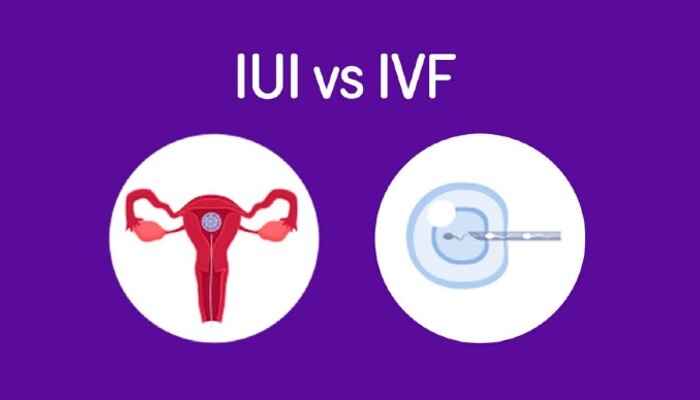Top 7 reasons why people step back to get IVF

While in vitro fertilization (IVF) can be an effective fertility treatment for many individuals and couples, there are several reasons why some people may hesitate or choose not to pursue IVF. Here are seven common reasons:
- Cost: IVF can be a costly fertility treatment, and the expenses may not always be covered by insurance. The financial burden associated with multiple IVF cycles, medications, and additional procedures can be a significant deterrent for some individuals or couples.
- Emotional and Psychological Impact: The IVF process can be emotionally and psychologically challenging. The stress of treatment, uncertainty about success, and the potential for disappointment can be overwhelming for some individuals or couples, leading them to step back from pursuing IVF.
- Medical Risks and Side Effects: IVF involves hormonal medications, invasive procedures, and potential health risks. Some people may be concerned about the side effects of fertility drugs, the physical toll of the procedures, and potential complications.
- Religious or Ethical Beliefs: Personal or religious beliefs may influence a person's decision to pursue IVF. Some individuals or couples may have ethical concerns related to assisted reproductive technologies, such as the creation and handling of embryos.
- Unwillingness to Pursue Assisted Reproduction: Some individuals or couples may prefer to explore natural conception methods or adoption instead of assisted reproductive technologies like IVF. Personal values, cultural beliefs, or a desire for a less intrusive approach may contribute to this decision.
- Previous Unsuccessful Attempts:< Individuals or couples who have experienced multiple unsuccessful attempts at IVF may become disheartened and decide to step back. The emotional toll of repeated failures can impact the willingness to continue with additional treatments.
- Limited Success Rates: Despite advancements in fertility treatments, IVF success rates are not guaranteed. Some individuals may be aware of the relatively low probability of success with each cycle and may decide that the emotional and financial investment is too high for uncertain outcomes.
It's essential to note that each person's situation is unique, and the decision to pursue or step back from IVF is deeply personal. Factors such as individual health, emotional well-being, financial considerations, and personal beliefs all play a role in shaping these decisions. Consulting with a fertility specialist or reproductive endocrinologist can provide personalized guidance based on individual circumstances and preferences.
When considering a fertility clinic like Orchidz Health in Bangalore or any other, it's important to research and evaluate based on several factors:
- Reputation: Look for reviews and testimonials from previous patients. A clinic with a positive reputation is more likely to provide quality care.
- Success Rates: Inquire about the clinic's success rates with IVF procedures. High success rates can be indicative of the clinic's expertise and proficiency in fertility treatments.
- Qualified Professionals: Ensure that the clinic has qualified and experienced fertility specialists, reproductive endocrinologists, embryologists, and other necessary healthcare professionals.
- Facilities and Technology: Modern facilities and advanced reproductive technologies contribute to the effectiveness of fertility treatments. Ensure that the clinic is well-equipped and uses up-to-date technology.
- Personalized Treatment Plans: A good fertility clinic will provide individualized treatment plans tailored to each patient's unique circumstances and needs.
- Patient Support and Counseling: Infertility treatments can be emotionally challenging. A supportive and empathetic staff, as well as counseling services, can be valuable for patients.
- Transparency in Costs: Understand the costs involved in IVF treatment, including consultation fees, medications, and any additional procedures. A transparent approach to costs helps patients plan financially.
- Communication: Clear and open communication between patients and the medical team is crucial. Patients should feel comfortable asking questions and receiving understandable explanations.
Remember to consult with us to gather the most accurate and up-to-date information about their services, as my responses are based on general information and may not reflect the current state of specific clinics.

































